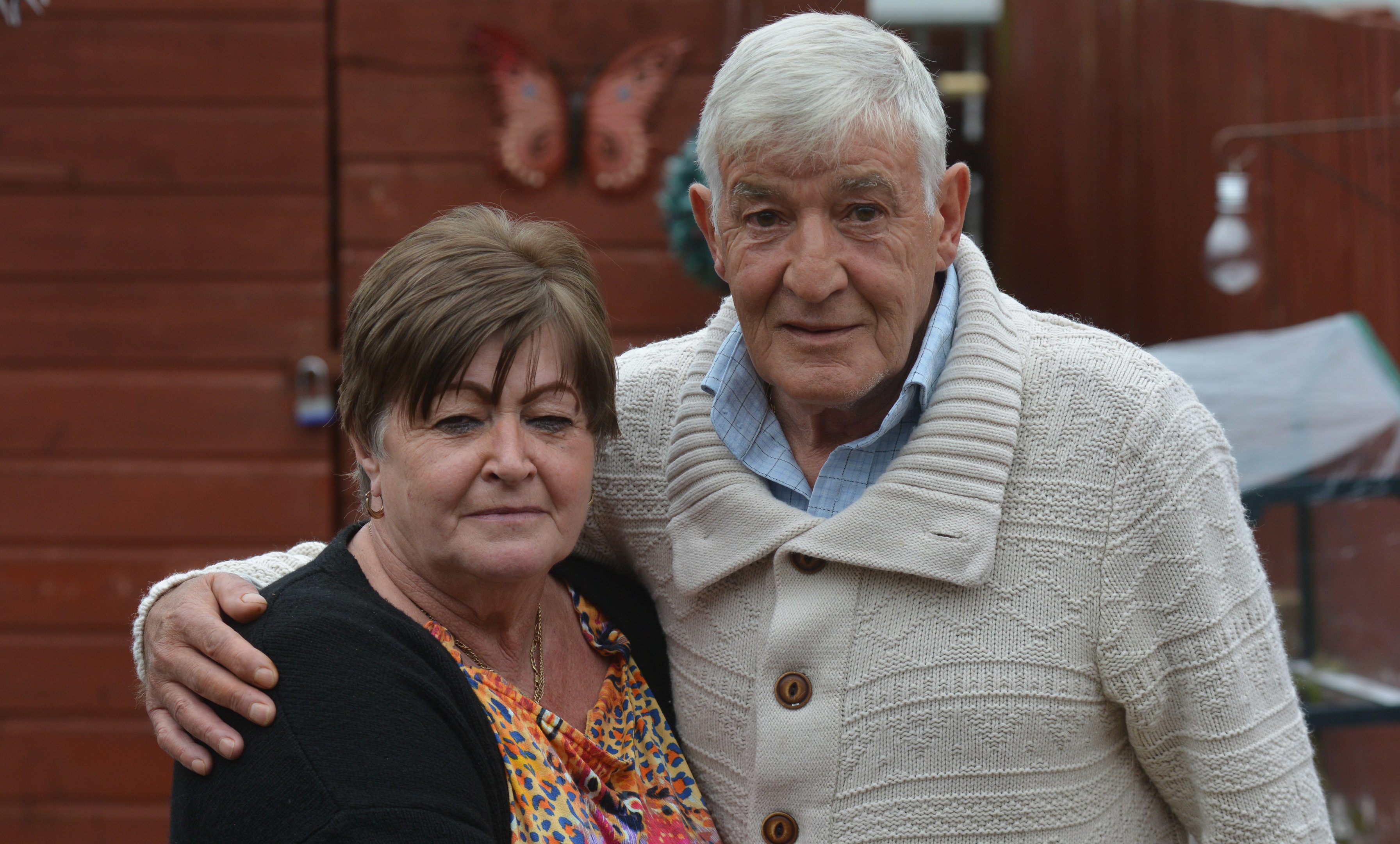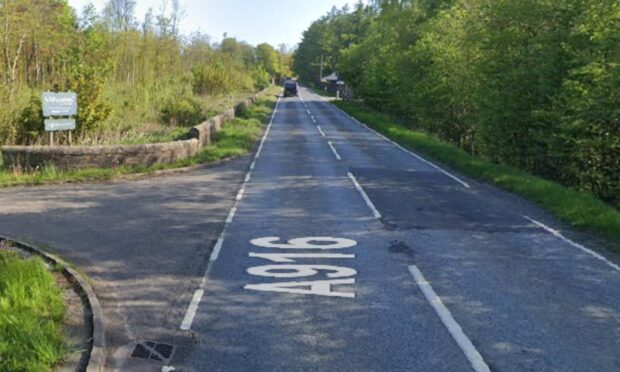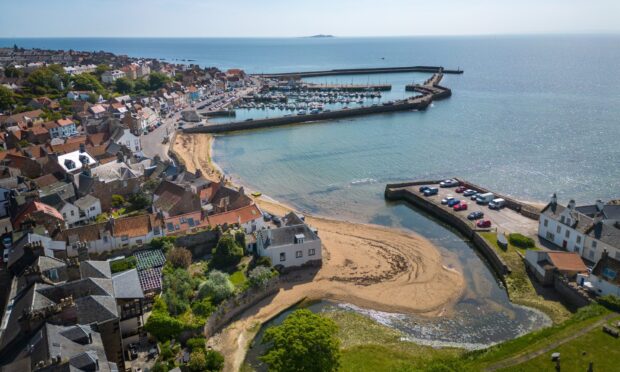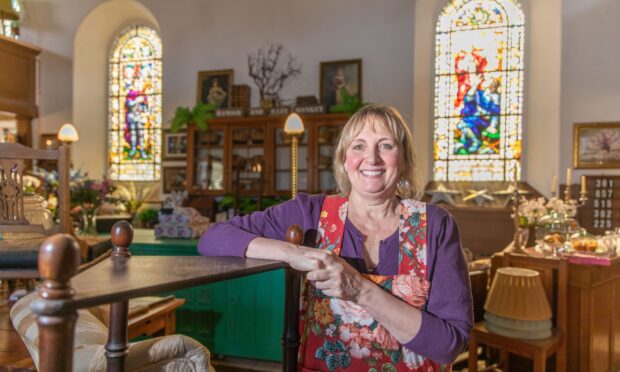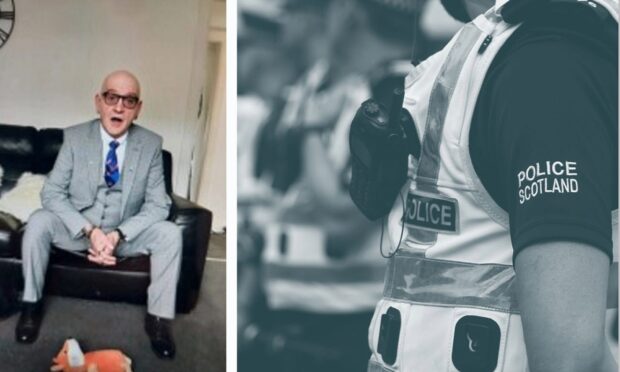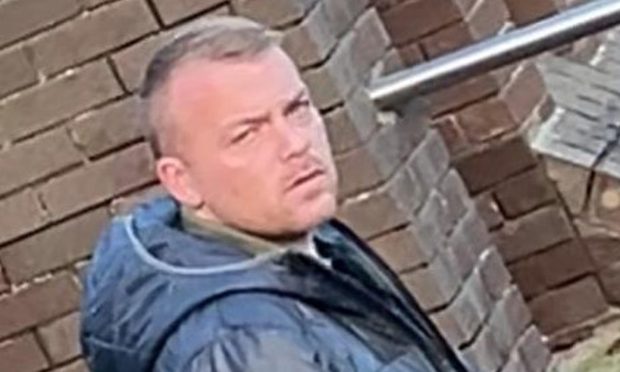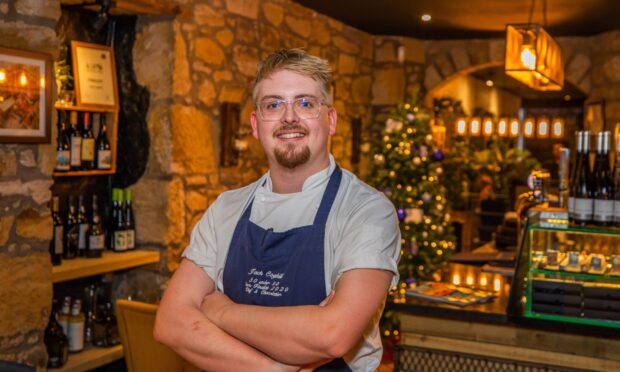A Kirkcaldy man’s brain haemorrhage was only discovered after his wife “begged” NHS Fife staff to carry out a CT scan.
Now NHS Fife has been rapped by a health watchdog who found the delay affected the man’s long-term health.
Margaret Blackwood complained to the Scottish ombudsman about the care husband Rab received at the Victoria Hospital.
While on holiday in Benidorm in 2015 Mr Blackwood, 64, fell getting out of bed, hitting his head and losing consciousness for 10 minutes.
When the couple returned home he went to the emergency department where he was treated as a minor head injury and discharged the same day with advice.
Mrs Blackwood complained he was not given appropriate treatment and that a CT scan was not done.
Eleven days later, and suffering from constant headaches, he returned to the Vic.
Mrs Blackwood said she had to “beg” staff to carry out a CT scan which revealed he had suffered a brain haemorrhage.
He was transferred to the Western General where he had a craniotomy for an acute subdural haematoma.
He was then transferred to the Vic but his wife was unhappy with the nursing care.
During the investigation, the ombudsman found that an urgent CT should have been carried out when he first arrived at the emergency department.
“The decision not to was a significant and serious failing,” he concluded.
The ombudsman also found the failure to perform a CT scan had delayed Mr Blackwood’s diagnosis and treatment and adversely affected his outcome.
“If the diagnosis and treatment had been made sooner there would, in all probability, have been a significantly improved prognosis.”
But, he said the treatment he received when he returned to the emergency department was of an excellent standard.
When it came to nursing care, the board had identified a number of issues where his care, and communication with his wife, had fallen short of the standard expected.
This had been addressed with nursing staff concerned.
The ombudsman found many aspects of care were reasonable but said on balance and in the circumstances, nursing care was not reasonable.
Director of nursing Helen Wright said NHS Fife accepted the findings.
“We always work towards providing patients with the best possible care, however, we accept that in this case we fell some way short of providing this.
“Since this event we have put in place measures to prevent such an incident from being repeated in future and will consider whether any further service improvements can be made to improve the care of patients who have suffered head injuries.
“As a board, we have apologised formally to the family involved and I welcome the opportunity to reiterate that apology publicly.”
“Our life is finished”
Life has changed for the couple at the centre of the NHS complaint.
Since his serious head injury, Rab Blackwood has suffered from numerous problems and is now unable to work, or to enjoy many things, like going on holiday, or even for a drive.
Mrs Blackwood hit out at the lack of care and dignity afforded her husband while he was a patient at the Victoria Hospital.
Still clearly upset, she recounted how Rab, a former BiFab worker, was sent home initially from A&E with an advice leaflet.
“Eleven days later I took him back and told them he wasn’t right and begged for a CT scan.”
By that time Mr Blackwood, who was taking blood-thinning drugs, was rushed to the Western General for surgery.
“The care he received there was wonderful.”
However, the delay meant he had to go through more complex surgery and saw him remain in a coma for four weeks.
“They couldn’t stop his seizures and I was told he could be severely brain damaged,” she said.
At one point Mrs Blackwood went to withdraw money for his funeral, as she did not think her husband of more than 30 years would survive.
But he did, and was transferred back to the Vic, but Mrs Blackwood claimed the standard of nursing care was lacking.
The ombudsman’s report did admit his brain injury had caused him to exhibit behaviour which was at times difficult for staff to manage.
But it raised shortcomings in record keeping, and in observing him for falls.
“It was awful, I was asking how he was and was being told ‘there’s nothing to tell you’.
“But when I got his records, I found out he had E coli,” she claimed.
Mrs Blackwood eventually “moved in” to the hospital to care for her husband.
“He was confused, he was traumatised.
“I did not know if he would come out there alive,” she said.
Now the couple are living a life far removed from that they had envisaged.
“It is like dementia, he’ll never work again, he cannot drive, our life is finished,” she said.
“I cannot go to the shop with him, as he gets aggravated standing in queues, never mind going on holiday.”
He has short term memory loss and sometimes gets things wrong when trying to do things.
“I cannot leave him on his own,” she said.
